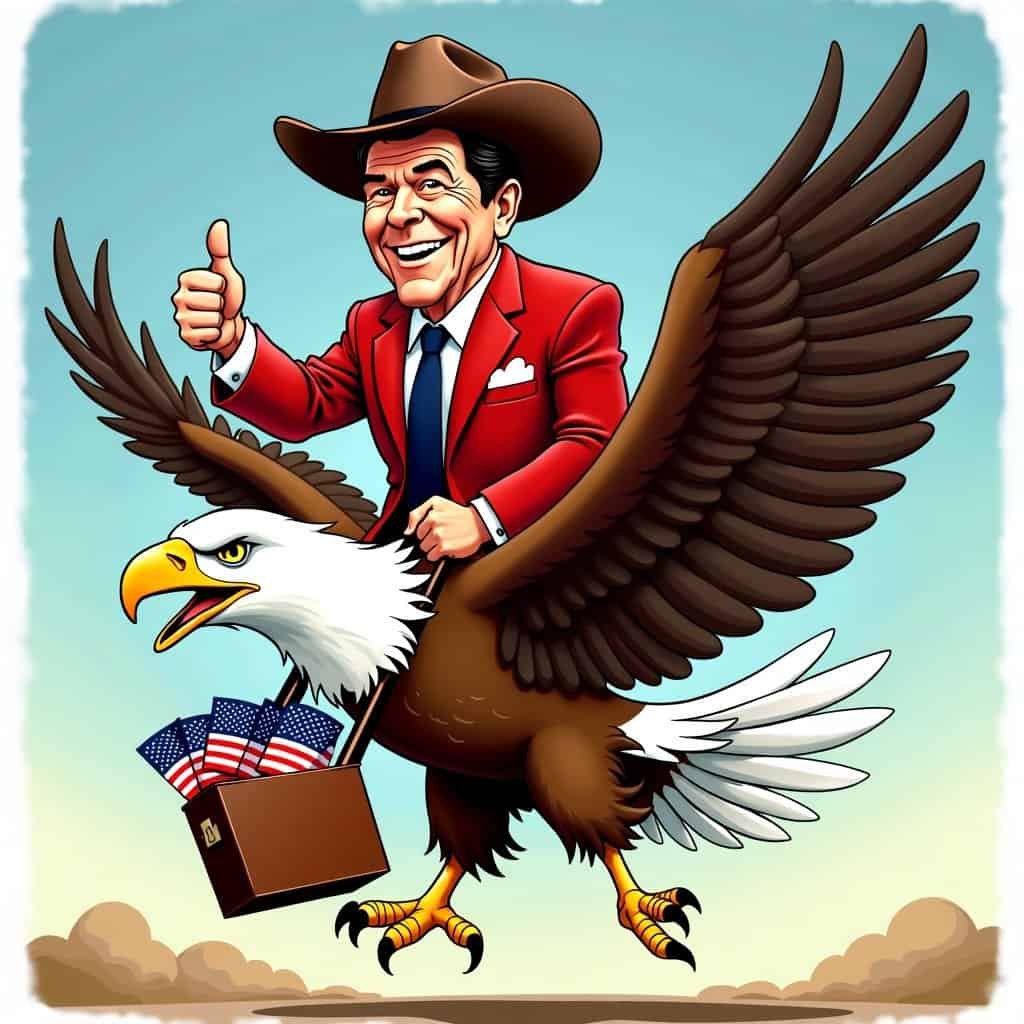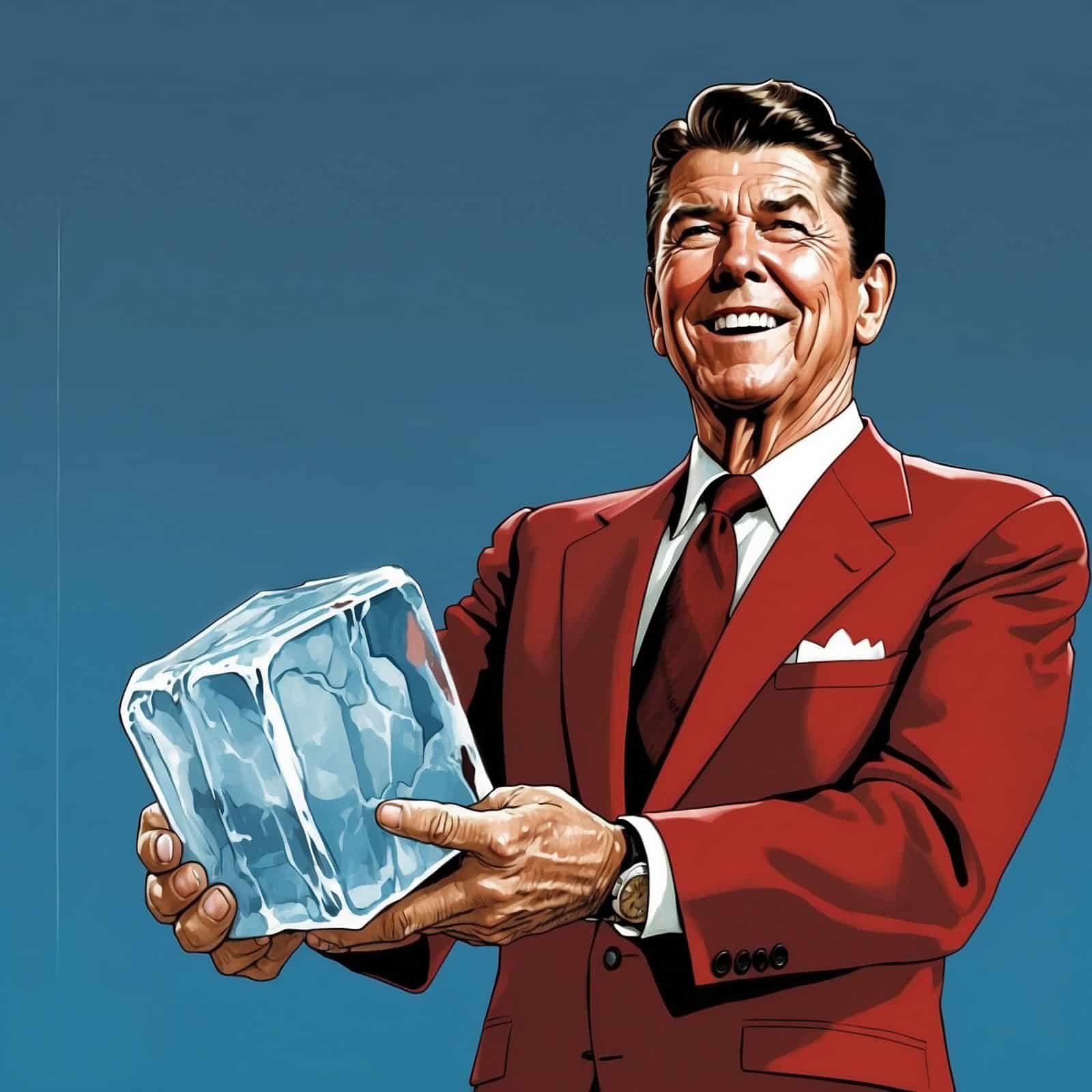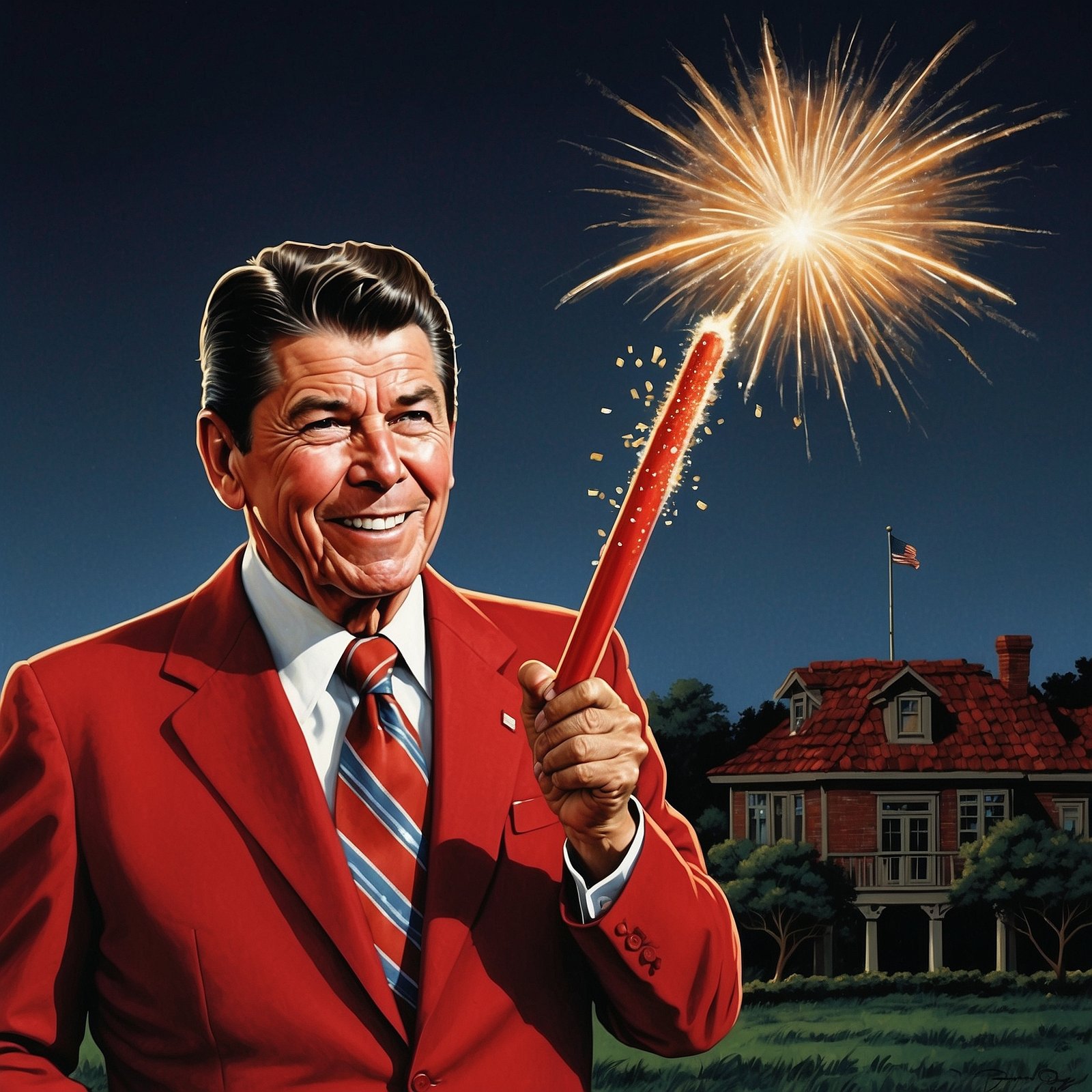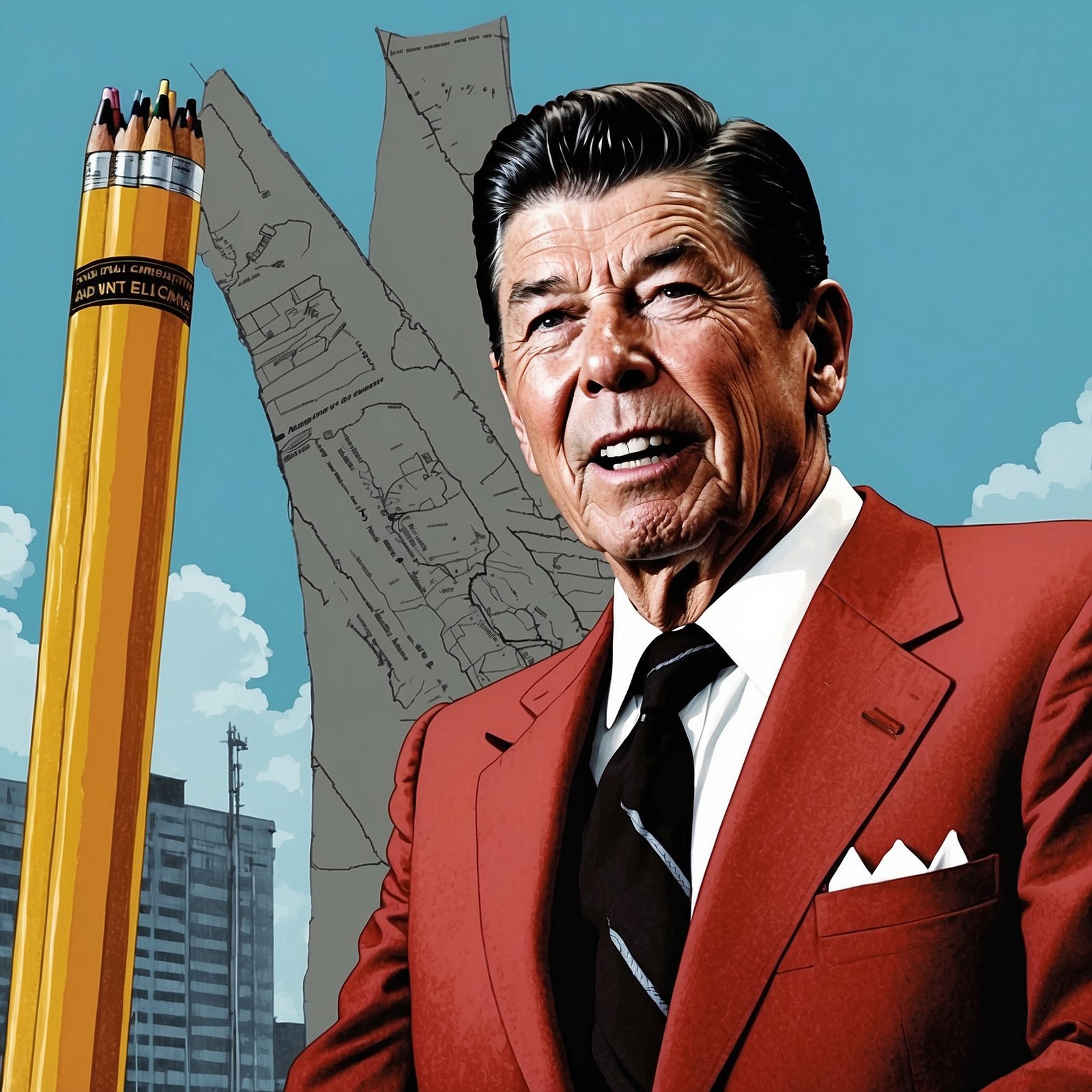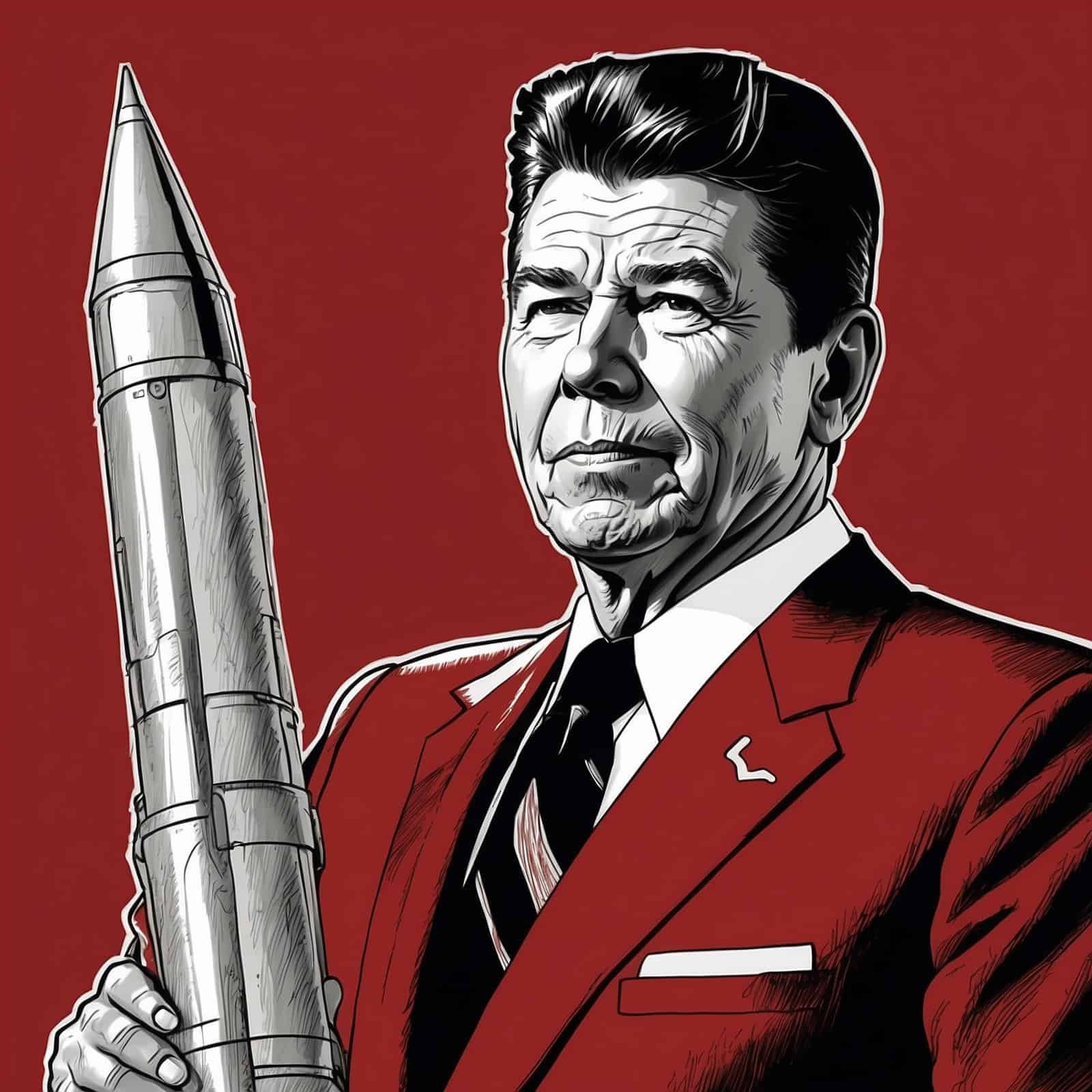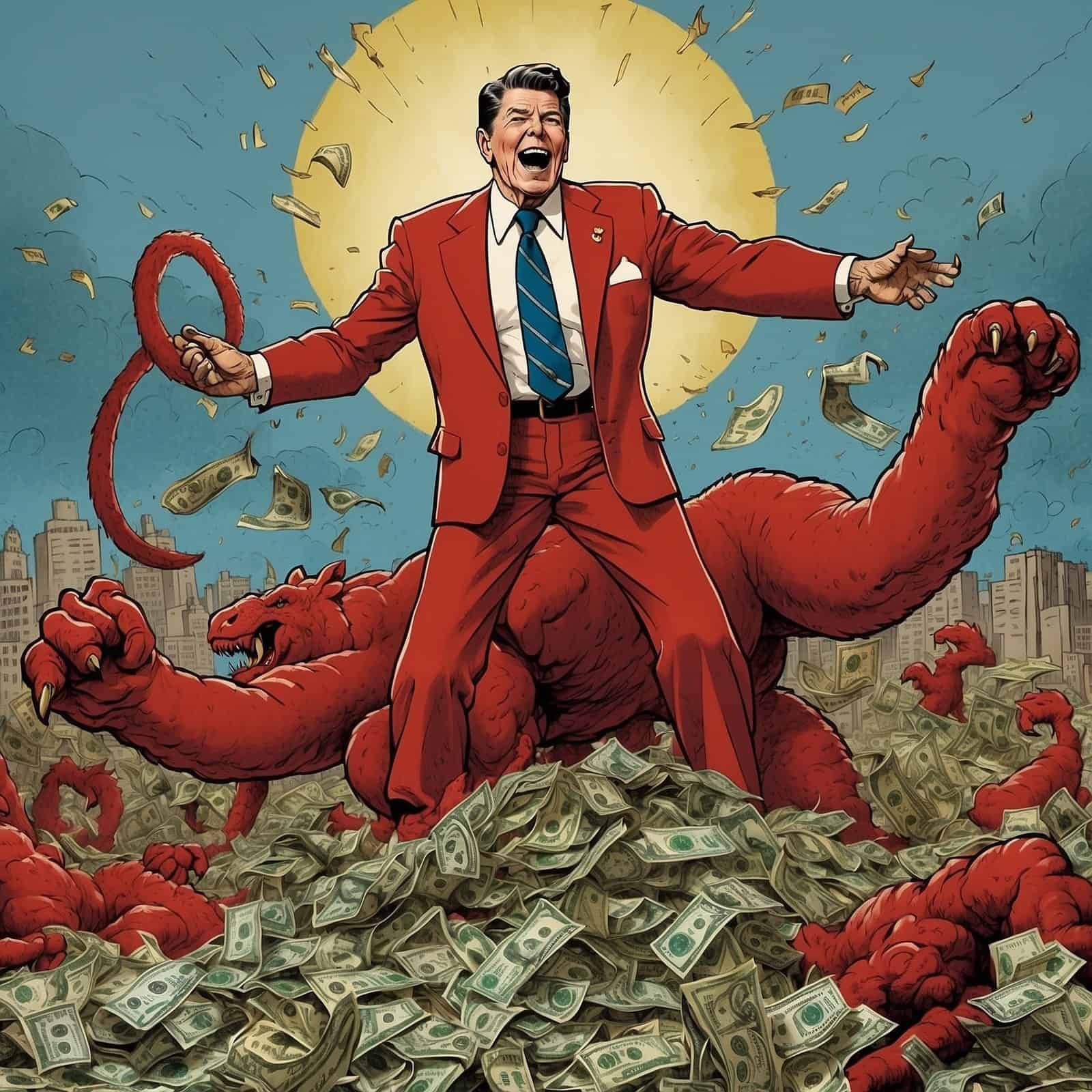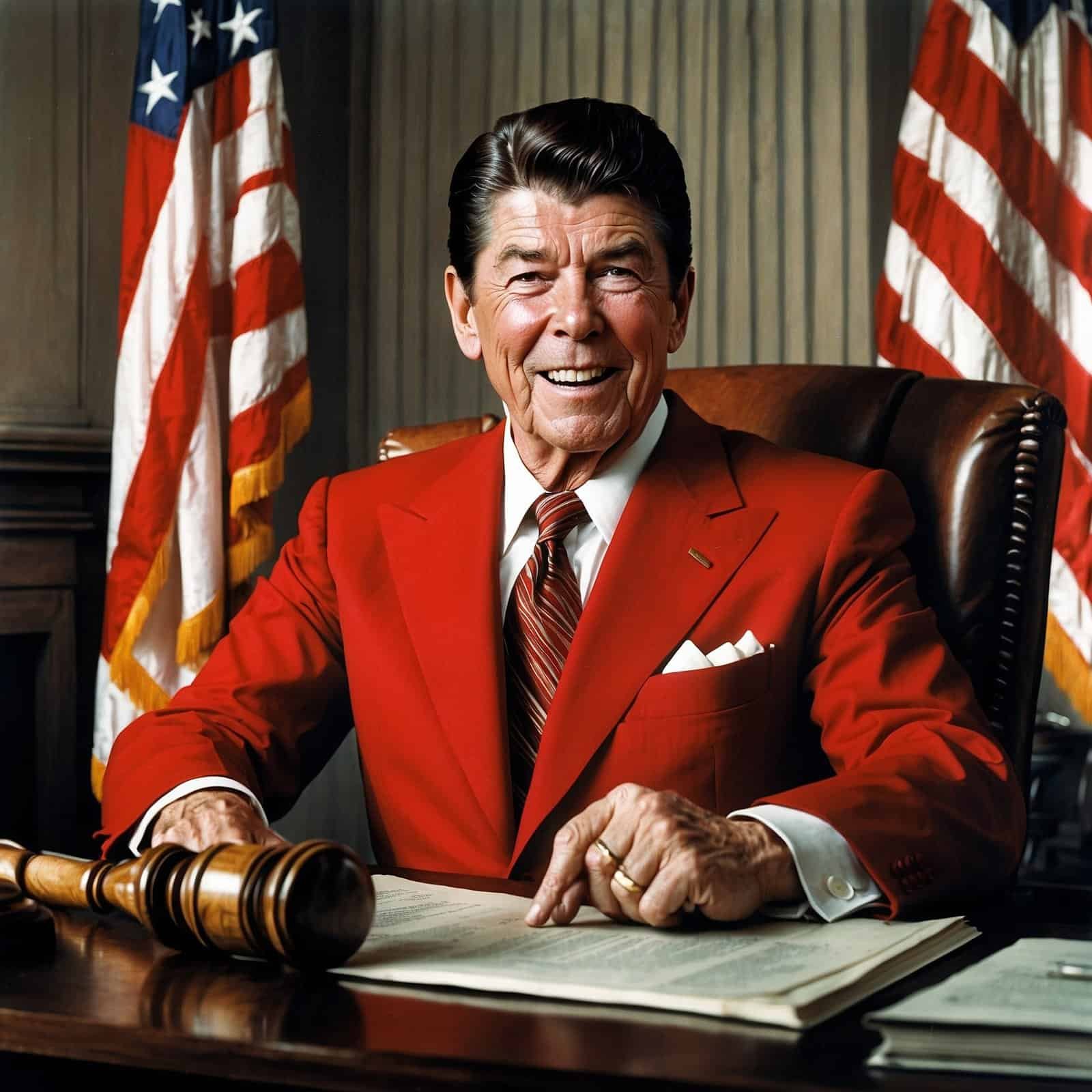Alright, let’s talk about Ronald Reagan. Now, this guy didn’t just stroll into the Oval Office and hang up a “Gone Fishing” sign. No, sir! He came in with a mission, and boy did he accomplish it. Among his many achievements, boosting U.S. exports was high on the list. But how did the Gipper pull off this economic miracle? Let’s break it down, the conservative way.
Reagan believed in the power of the free market. He understood that cutting taxes and reducing government interference would unleash the entrepreneurial spirit of Americans. By lowering taxes, businesses had more money to invest in new ventures, research, and development. It’s like giving a kid a box of Legos and saying, “Go wild!”
Reagan’s Export Strategy
With more cash in their pockets, companies could not only expand their domestic operations but also look beyond U.S. borders. And let’s face it – a good ol’ American product can sell anywhere if you give it the right push! Reagan knew this, and he worked hard to create trade agreements that would open up foreign markets to American goods. He did it with the charm of a used car salesman convincing you that you absolutely need that convertible in December.
Reagan’s Approach vs. Liberal Approach
| Reagan’s Approach | Liberal Approach |
|---|---|
| Lower taxes | Higher taxes |
| Less government interference | More government intervention |
| Empowerment | Dependency |
| Economic growth | Wealth redistribution |
Compare that to the liberal approach – which often seems to involve taxing everyone to the moon and back and throwing money at problems hoping they disappear. It’s like trying to mop up a spill with a colander. Sure, it looks like you’re doing something, but there’s no practical result! Reagan’s approach was about empowerment, not dependency. Encouraging businesses to grow means more jobs, higher wages, and ultimately, a stronger economy for everyone – not just the ones at the top!
Deregulation Efforts
Reagan’s deregulation efforts also played a massive role. By cutting red tape, he freed businesses from excessive regulations. Reagan believed that businesses, when left to their own devices, could come up with innovative solutions far better than any government-imposed rules. It’s kind of like letting a chef cook without a recipe – the results are often more delicious when they’re free to experiment.
Focus on Small Businesses
When Reagan promoted U.S. exports, he wasn’t just thinking about the big corporations. He knew that small businesses are the backbone of the American economy. By offering them the same opportunities to expand and export, he ensured that the economic benefits were widespread. It didn’t matter if you were selling high-tech gadgets or good old-fashioned American corn, everyone had a shot at success.
Conservative Values in Reagan’s Policies
- ✓ Self-reliance
- ✓ Innovation
- ✓ Hard work leading to prosperity
- ✓ Limited government intervention
- ✓ Free market principles
And just think about the conservative values here: self-reliance, innovation, and hard work leading to prosperity. Compare that to the liberal focus on government intervention and wealth redistribution – which often ends up hampering the very innovation it’s supposed to promote. Reagan’s strategy was undeniably more sustainable in the long run, creating a cycle of growth that benefited everyone.
So, next time someone tells you that Reagan was just an actor turned politician, remind them of how he promoted U.S. exports and revitalized the American economy. His approach was rooted in the belief that people and businesses, if given the freedom to operate, could achieve greatness. And that, folks, is what made Reagan’s policies not just conservative, but downright legendary. Now, how’s that for promoting U.S. exports?
